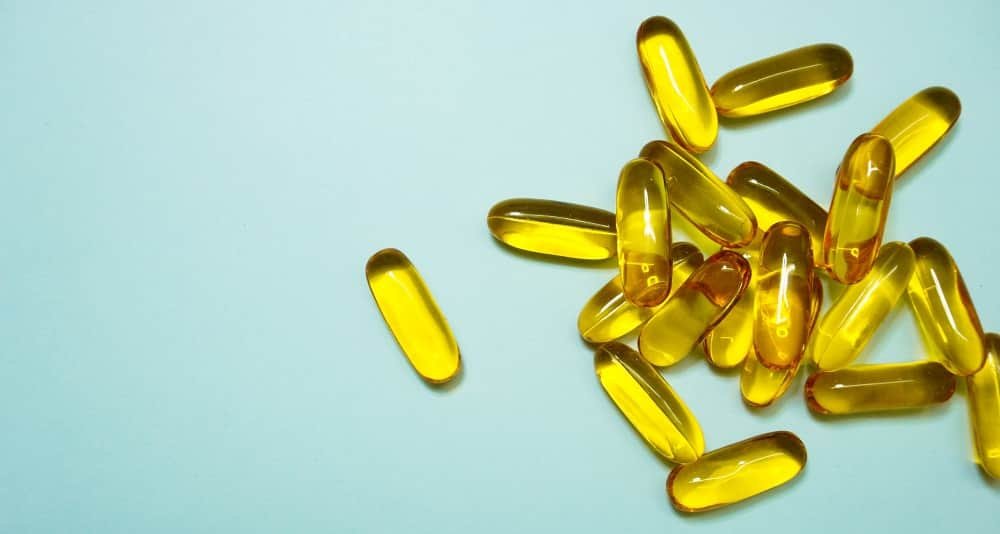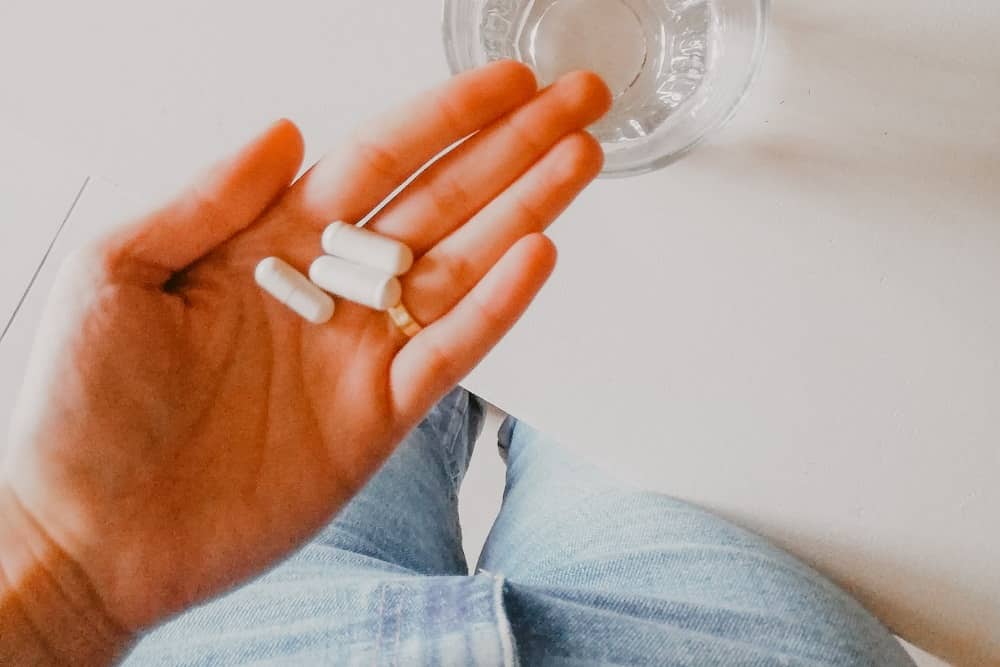Testosterone, often referred to as the “male hormone,” plays a crucial role in various bodily functions, including muscle development, bone density, libido, and overall vitality. As men age, testosterone levels naturally decline, leading to concerns about the potential impact on health and well-being. In response to this, a market flooded with testosterone-boosting supplements has emerged. But the burning question remains: are these supplements truly effective, or are they just another product promising more than they can deliver?
Considerations for Buying Testosterone Boosters Online
As the demand for testosterone-boosting supplements continues to rise, an increasing number of individuals are turning to online platforms for their purchases. However, the virtual marketplace brings forth unique challenges, emphasizing the need for a discerning approach when considering testosterone boosters. When looking for best testosterone boosters online, it is important to choose reputable sellers and platforms, steering clear of false claims, and taking into account individual health needs. In a world where information and products are at our fingertips, this heading serves as a comprehensive guide for consumers navigating the vast and sometimes murky waters of buying testosterone boosters online.
Understanding Testosterone
It is crucial to delve into the intricacies of the hormone itself. Testosterone, often referred to as the “male hormone,” is predominantly produced in the testicles, serving as a fundamental driver in the development of male reproductive tissues. Additionally, the adrenal glands contribute to its production, albeit to a lesser extent. Beyond its role in reproductive health, testosterone plays a multifaceted role in various physiological processes.
First and foremost, testosterone is a key player in maintaining muscle mass and supporting the growth and repair of skeletal muscles. It is also intricately involved in preserving bone density, a critical factor in preventing conditions like osteoporosis. Furthermore, testosterone influences red blood cell production, contributing to overall cardiovascular health. The impact of testosterone extends beyond the physical realm, as it also plays a role in mood regulation and cognitive function.
As individuals age, there is a natural decline in testosterone levels, which can lead to concerns about the potential impact on overall health and vitality. This decline, however, varies among individuals, and understanding the factors influencing testosterone levels is essential for informed decisions about supplementation and lifestyle choices.
The Role of Lifestyle Factors
Before we mention some testosterone supplementation, it is imperative to recognize and appreciate the influential role that lifestyle factors play in maintaining optimal hormone levels. A trifecta of crucial elements—adequate sleep, regular exercise, and a balanced diet—serves as the cornerstone for supporting healthy testosterone levels. Sufficient and quality sleep is paramount, as studies consistently show a strong link between inadequate sleep and decreased testosterone production. Regular physical activity, especially resistance training, not only aids in muscle development but also promotes the natural release of testosterone.
Moreover, a well-rounded and nutritious diet, rich in essential nutrients such as vitamins, minerals, and healthy fats, provides the building blocks necessary for robust hormonal function. Conversely, individuals who lead sedentary lifestyles, indulge in unhealthy dietary habits, and grapple with chronic stress may find themselves at risk of experiencing lower testosterone levels. Chronic stress, in particular, triggers the release of cortisol, a hormone that, when elevated over extended periods, can suppress testosterone production.
In essence, the foundation for hormonal health lies in conscientious lifestyle choices, making it imperative to prioritize sleep, engage in regular exercise, and maintain a nutritious diet. By addressing these lifestyle factors, individuals can create a conducive environment for sustaining optimal testosterone levels naturally, potentially mitigating the need for external interventions such as supplementation.
Testosterone-Boosting Supplements: The Landscape

The expansive market for testosterone-boosting supplements is saturated with a diverse array of products, all pledging to elevate testosterone production, stimulate muscle growth, and enhance overall male vitality. Within this landscape, several common ingredients have garnered attention for their purported benefits:
D-Aspartic Acid (DAA): An amino acid believed to play a role in enhancing testosterone production, DAA is often included in these supplements to promote hormonal balance.
Tribulus Terrestris: Derived from a plant, this extract is thought to increase testosterone levels and, in some cases, is associated with improved sexual function, making it a prevalent component in many testosterone-boosting formulations.
Zinc: Recognized as a mineral essential for testosterone production, zinc is frequently included to support the body’s natural hormonal processes.
Fenugreek: This herb has gained popularity for its potential to boost testosterone levels, and it is often incorporated into supplements aimed at promoting male health.
Vitamin D: An essential vitamin linked to various bodily functions, including testosterone production, vitamin D is a common addition to these supplements, emphasizing its potential role in supporting hormonal balance.
While these ingredients are widely utilized, the effectiveness of testosterone-boosting supplements remains a subject of debate, with scientific evidence yielding mixed results. Individuals should approach these products with a discerning eye, considering both their unique physiological needs and the variability in product quality across the market.
Natural Decline in Testosterone Levels
Testosterone levels tend to peak during adolescence and early adulthood and gradually decline with age. While this decline is a natural part of the aging process, some men experience a more significant decrease than others, leading to symptoms such as fatigue, reduced muscle mass, and a diminished sex drive.
The Scientific Verdict
While some studies suggest that certain ingredients in testosterone-boosting supplements may have a modest impact on testosterone levels, the overall scientific evidence is mixed. Many studies have produced inconclusive results, and the effectiveness of these supplements can vary from person to person.
It’s important to note that the U.S. Food and Drug Administration (FDA) does not regulate these supplements as strictly as pharmaceuticals. Consequently, the quality and purity of ingredients can vary among products, leading to inconsistent results.
In conclusion, the quest for optimal testosterone levels is not met with a one-size-fits-all solution or a magic pill. Instead, the most efficacious strategy lies in adopting a comprehensive and holistic approach that prioritizes overall well-being. While testosterone-boosting supplements flood the market with promises, their efficacy varies, and reliance on these products alone may not provide sustainable results.
Ultimately, the journey to sustaining healthy testosterone levels is a multifaceted endeavor that extends beyond supplementation. It calls for a commitment to a lifestyle that nurtures overall health and vitality. By prioritizing sleep, embracing regular exercise, maintaining a balanced diet, and managing stress effectively, individuals can take proactive steps towards achieving and maintaining optimal hormonal health, ensuring a more holistic and enduring approach to well-being.

